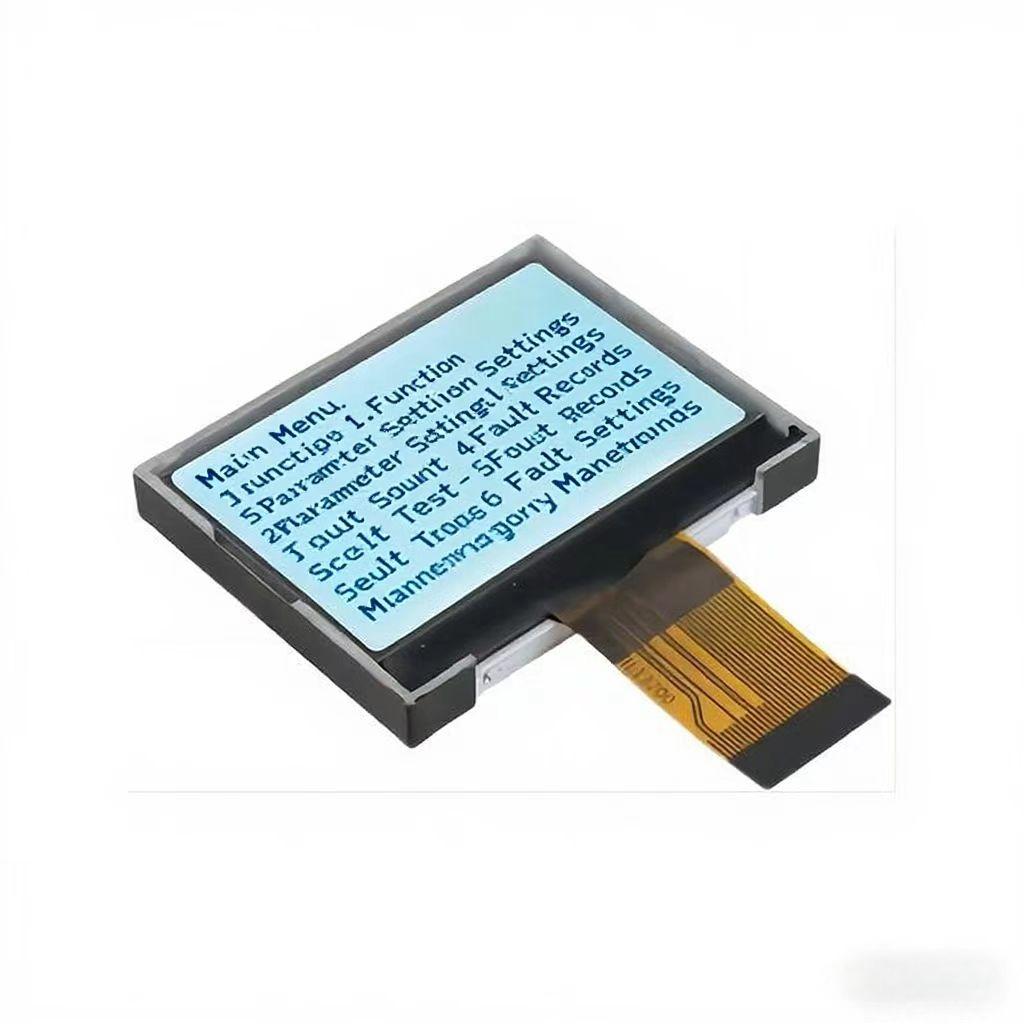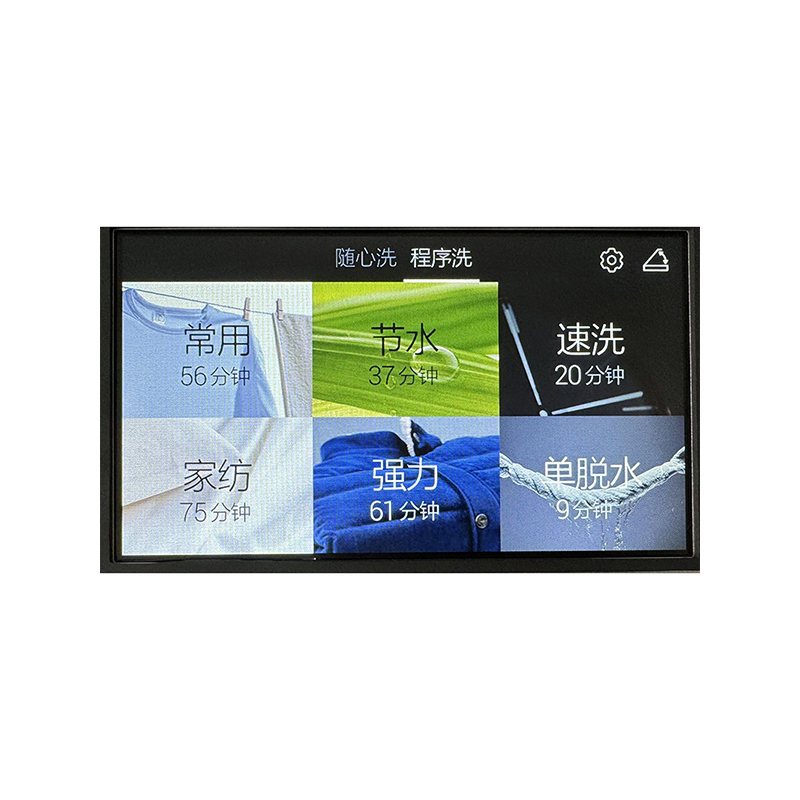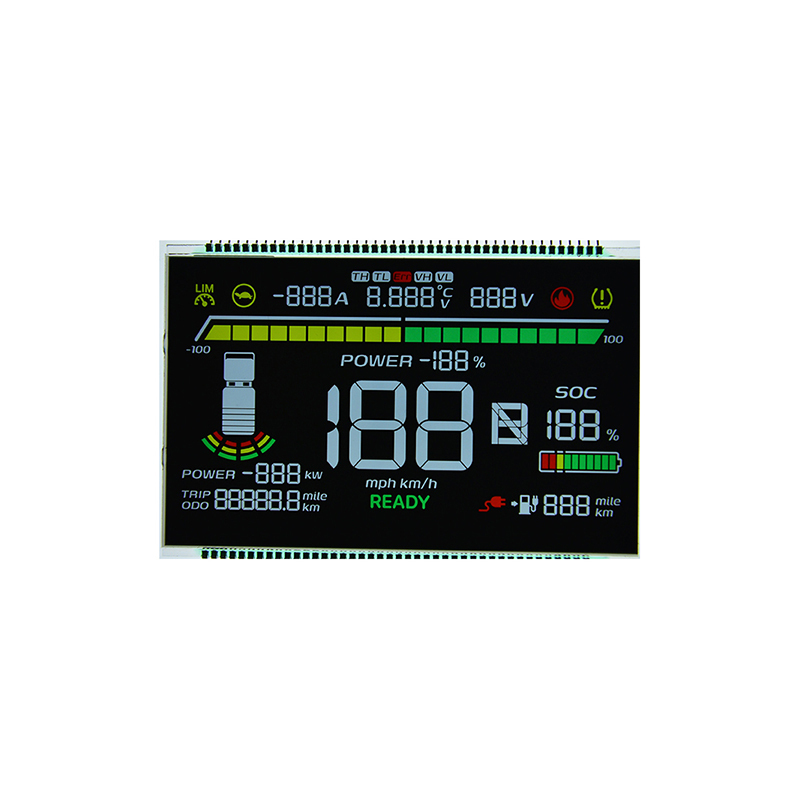
Finding the perfect best LCD monitor screen can be overwhelming with so many options available. This guide helps you navigate the market, considering factors like resolution, panel type, response time, and more, to find the ideal display for your needs. We'll explore different screen types, sizes, and features to assist you in making an informed decision.
The first step in choosing a best LCD monitor screen is understanding the different panel types. IPS (In-Plane Switching) panels offer excellent color accuracy and wide viewing angles, making them ideal for photo and video editing. TN (Twisted Nematic) panels are faster and more affordable, but often suffer from limited viewing angles and less vibrant colors. VA (Vertical Alignment) panels provide a good balance between color accuracy, contrast ratio, and response time, often favored for gaming. Choosing the right panel type depends on your priorities and budget. For example, if accurate color reproduction is crucial, an IPS panel is recommended. If you are a gamer prioritizing speed, a TN panel might be suitable.
Resolution, measured in pixels (e.g., 1920x1080, 2560x1440, 3840x2160), determines the sharpness and detail of the image. Higher resolutions offer greater clarity, but also demand more processing power from your computer. Common aspect ratios include 16:9 (widescreen) and 21:9 (ultrawidescreen). Consider your workspace and usage to select the ideal resolution and aspect ratio for your best LCD monitor screen. A higher resolution like 4K (3840x2160) is great for detail-oriented work, while 1080p (1920x1080) offers a good balance of quality and affordability.
Response time, measured in milliseconds (ms), indicates how quickly the pixels change color. Lower response times are crucial for gaming to minimize motion blur. Refresh rate, measured in Hertz (Hz), determines how many times per second the image is refreshed. Higher refresh rates (e.g., 144Hz, 240Hz) result in smoother gameplay and a more fluid viewing experience. For general use, a response time under 5ms and a refresh rate of 60Hz are usually sufficient. For gaming enthusiasts, however, higher refresh rates and faster response times are highly desirable.
Brightness (measured in nits or cd/m2) affects the visibility of the screen in different lighting conditions. Higher brightness is beneficial in bright rooms, while lower brightness might be preferred in darker environments to reduce eye strain. Contrast ratio indicates the difference between the brightest white and the darkest black. A higher contrast ratio leads to richer blacks and more vibrant colors. When choosing your best LCD monitor screen, consider your typical usage environment. A monitor with higher brightness is suitable for brightly lit spaces, while a monitor with a higher contrast ratio will show more depth in dark scenes.
Screen size is another important factor. Larger screens offer more workspace but might require more desk space. Consider your workspace and how you intend to use the monitor. Smaller screens are better suited for limited desk space, while larger screens are ideal for multitasking or immersive gaming experiences. The optimal screen size depends entirely on individual preferences and workspace constraints.
While specific product recommendations change rapidly, researching current reviews from reputable sources like Rtings.com and PC Gamer will help you pinpoint top-performing best LCD monitor screens within your budget and for your intended use. Always check specifications and user reviews before making a purchase.
Selecting the best LCD monitor screen involves carefully considering several factors. By understanding panel types, resolutions, response times, and other key features, you can make an informed decision that meets your needs. Remember to check online reviews and compare specifications before purchasing to ensure you get the best monitor for your money. For high-quality LCD panels and display solutions, consider exploring the options available at Dalian Eastern Display Co., Ltd. – a leading provider in the industry.
| Panel Type | Pros | Cons |
|---|---|---|
| IPS | Excellent color accuracy, wide viewing angles | Generally more expensive, slower response times |
| TN | Fast response times, affordable | Poor color accuracy, limited viewing angles |
| VA | Good balance of color, contrast, and response time | Viewing angles can be slightly limited |












